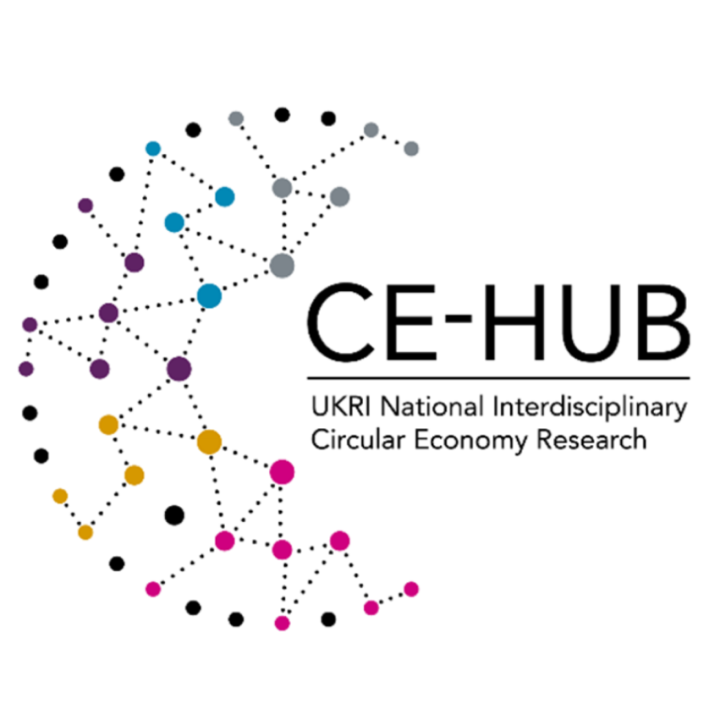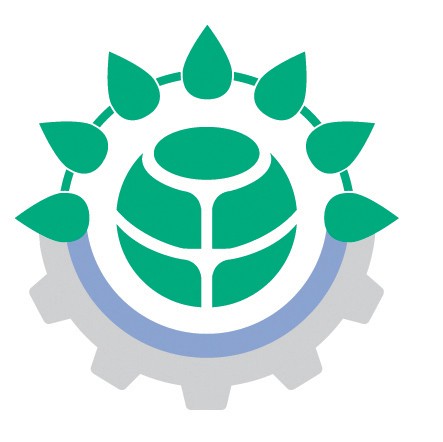2021, Global Alliance on CE & Resource Efficiency
NICER Case Study: Consumer Experience Scenario-Building Toolkit
2022, Textiles Circularity Centre
Overview
The Textiles Circularity Centre (TCC) Consumer Experience (CX) Scenario-Building Toolkit is a card-based resource developed for use with consumers, designers, and industry to explore and re-design their experiences of the textile circular economy. The toolkit cards are used to build possible scenarios (stories) that describe a retail experience, and the resources and events that might feature in it. Scenario-building enables us to facilitate interactions with key stakeholders to bring their knowledge and insights into the TCC research and ensure that CX design of scenarios are informed by real-world needs. The toolkit has informed the development of four provisional scenarios from an industry-workshop. The tool has been validated by industry partners who requested to take the tool into their companies to facilitate interactions with clients or other stakeholders.
Approach, activities & rationale
The CE premise that materials should be kept in use for as long as possible, whilst retaining the highest possible value[1] requires design strategies to be achieved. The role of the user becomes critical in creating and maintaining value[2]. However, we lack research and strategies that enable the user to actively participate in textiles circularity, and to inform this design space[3].
The TCC CX Scenario-Building Toolkit addresses this gap in research and provides an initial design space, practical guidance, and support for the design for new circular consumer experiences.
The toolkit concept and brief were designed by the TCC CX Research Strand over 7 months, with PI Prof Sharon Baurley and illustrator Amber Anderson, and in partnership with industry including a roundtable to identify opportunities to empower consumers in a textiles circular economy; a pilot-session with industry-academia to test the toolkit; and a research-workshop using the toolkit to develop scenarios.
Industry partners confirmed the potential of the toolkit to unlock circular design challenges in industry interactions, notably to help tackle the challenge of envisioning and designing for potential circular futures. They requested to use this tool in future research and consultancy activities.
[1] Webster, K. The Circular Economy: A Wealth of Flows, 2nd ed.; Ellen MacArthur Foundation Publishing: Cowes, UK, 2017.
[2] Wastling, T., Charnley, F., & Moreno, M. Design for circular behaviour: Considering users in a circular economy. Sustainability, 2018, 10(6), 1743.
[3] Ibid. 3.
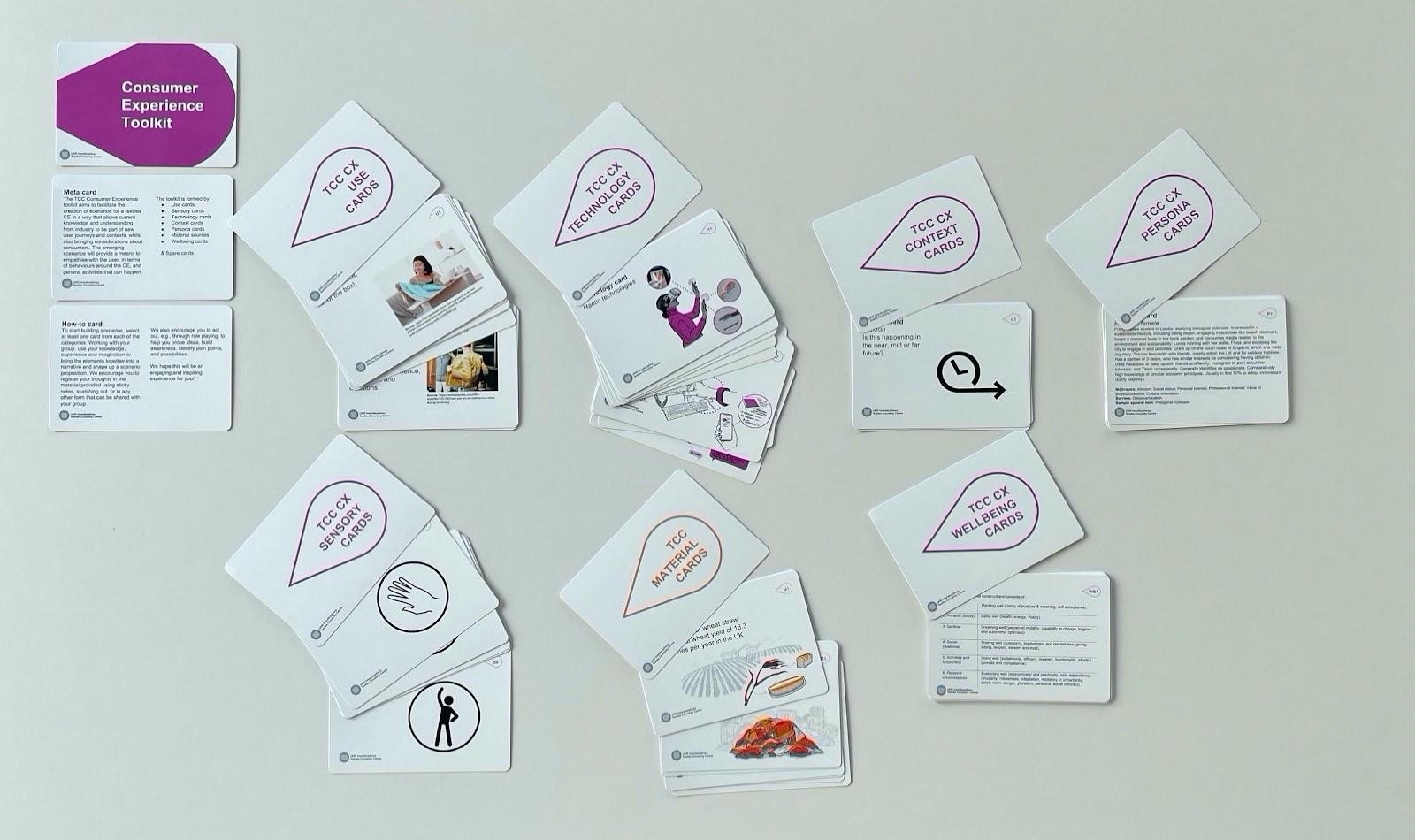
Figure 1: TCC Consumer Experience Scenario-Building Toolkit
Accelerating Understanding
In order to effect a coupling between consumers and the resource flow through consumer experience design, the CX team has:
- built the initial CX framework on wellbeing and sustainability. This framework will inform understanding of behaviour, circular textile solutions and the investigation of circular CX;
- designed the TCC CX Scenario-building Toolkit to help facilitate studies with industry partners, and to bring industry needs to design CX scenarios;
- produced four provisional CX Scenarios informed by toolkit workshops with industry.
National Leadership & Knowledge Exchange
The CX team designed the TCC CX Scenario-building Toolkit to help industry partners and consumers bring their knowledge and insights into the formative stages of the research process. The CX team validated its Scenario-building Toolkit with SME createch companies SharpEnd (product tracking), Arcade (immersive storytelling), Ultraleap (tactile interfaces), OWidgets (olfactory interfaces), YNAP (digital retail and apparel production), and the large global design consultancy IDEO.
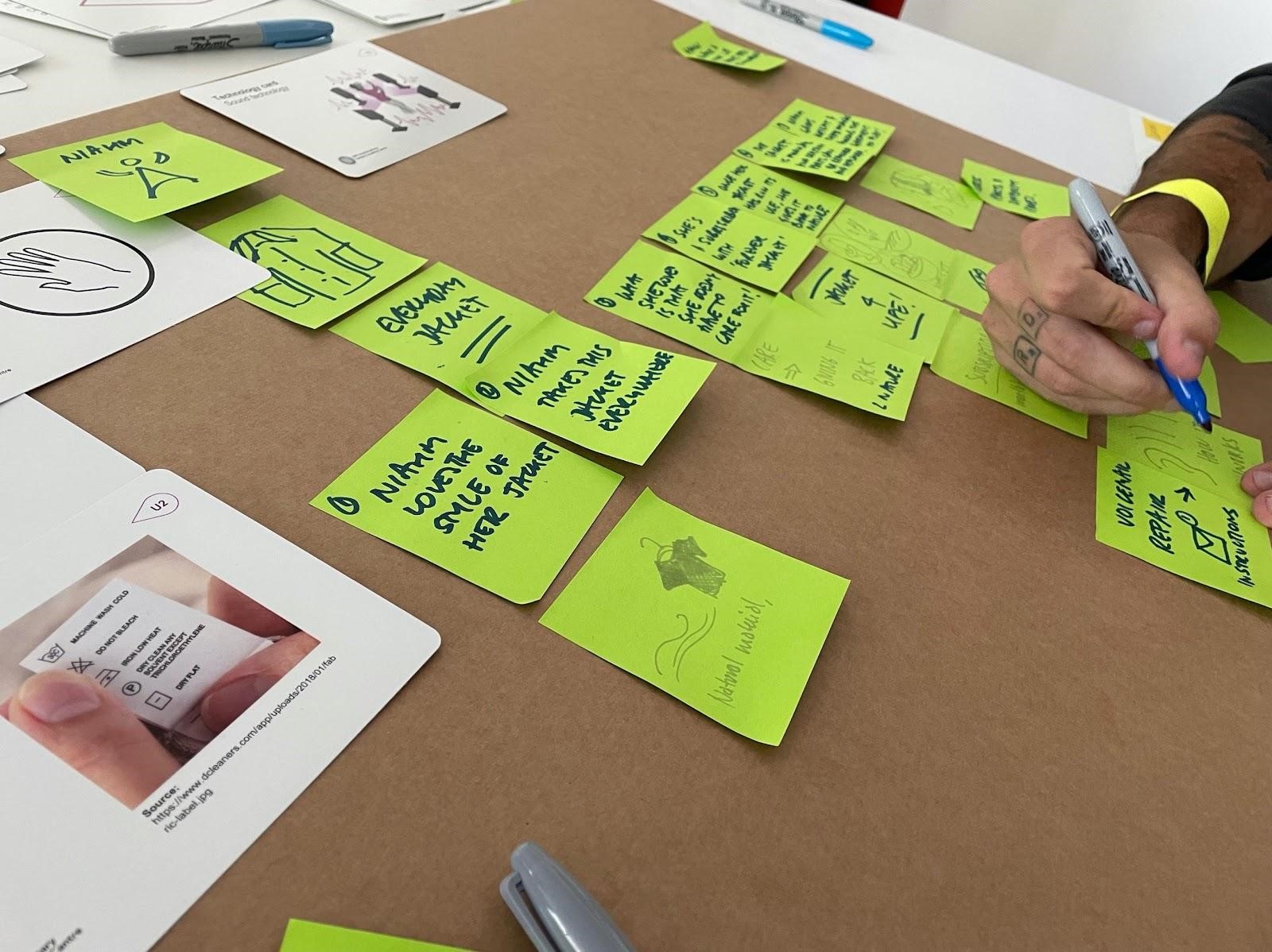
Figure 2. Participants using the toolkit to create scenarios in industry workshop.
Embedding Research with Stakeholders
Achieving a circular economy will require public participation, and so the TCC hosted 6 citizen-facing engagements. During ReLondon’s CE Week (16 June 2021), the TCC partnered with Circular Economy Club (London Chapter) and the NICER Hub to host ‘Empowering citizen-consumers in a fashion-textiles Circular Economy’. The event hosted presentations by TCC Consumer Experience Research Strand and industry partners (SharpEnd, Arcade, Ultraleap, OWidgets, YNAP) and an interactive activity that enabled citizens to interact with our research through mapping circular and lifecycle extension services on the high street (76 people attended (of 168 registered)). For greater rigour of the toolkit design process, the TCC CX conducted workshops to gather industry and academic feedback. They have participated in activities in the following events:
8 July 2021 – CX scenario-building toolkit pilot-session: we hosted a workshop with 6 industry-academia members (RCA, LCF, UCL and Loughborough University) who have been invited to test and feedback on the toolkit, for additional rigour to our process.
22 September 2021- ‘Future consumer experiences in a circular economy: a scenario-building research-workshop’; The CX Research Strand team worked alongside industry partners from 8 organisations (IDEO, DressX, Arcade, SharpEnd, YNAP, The Restory, OWidgets and Ultraleap) to develop scenarios for future consumer experiences in a circular textiles economy utilising the TCC CX scenario-building toolkit. The workshop was attended by 18 people (in-person). Insights for building scenarios from data collected from toolkit activities and data was analysed to inform the scenario building.
28 October 2021 – CE Hub Circular Design webinar.
22 February 2022 – TCC Seminar Series: Innovative methods for designing circular consumer experiences. Convened by Prof Carey Jewitt and Dr Bruna Petreca.
Finally, the TCC is a member of the Textiles2030 Circularity Working Group – provides expertise to ensure the circularity workstream is delivered to support Textiles2030 signatory action to increase circularity.
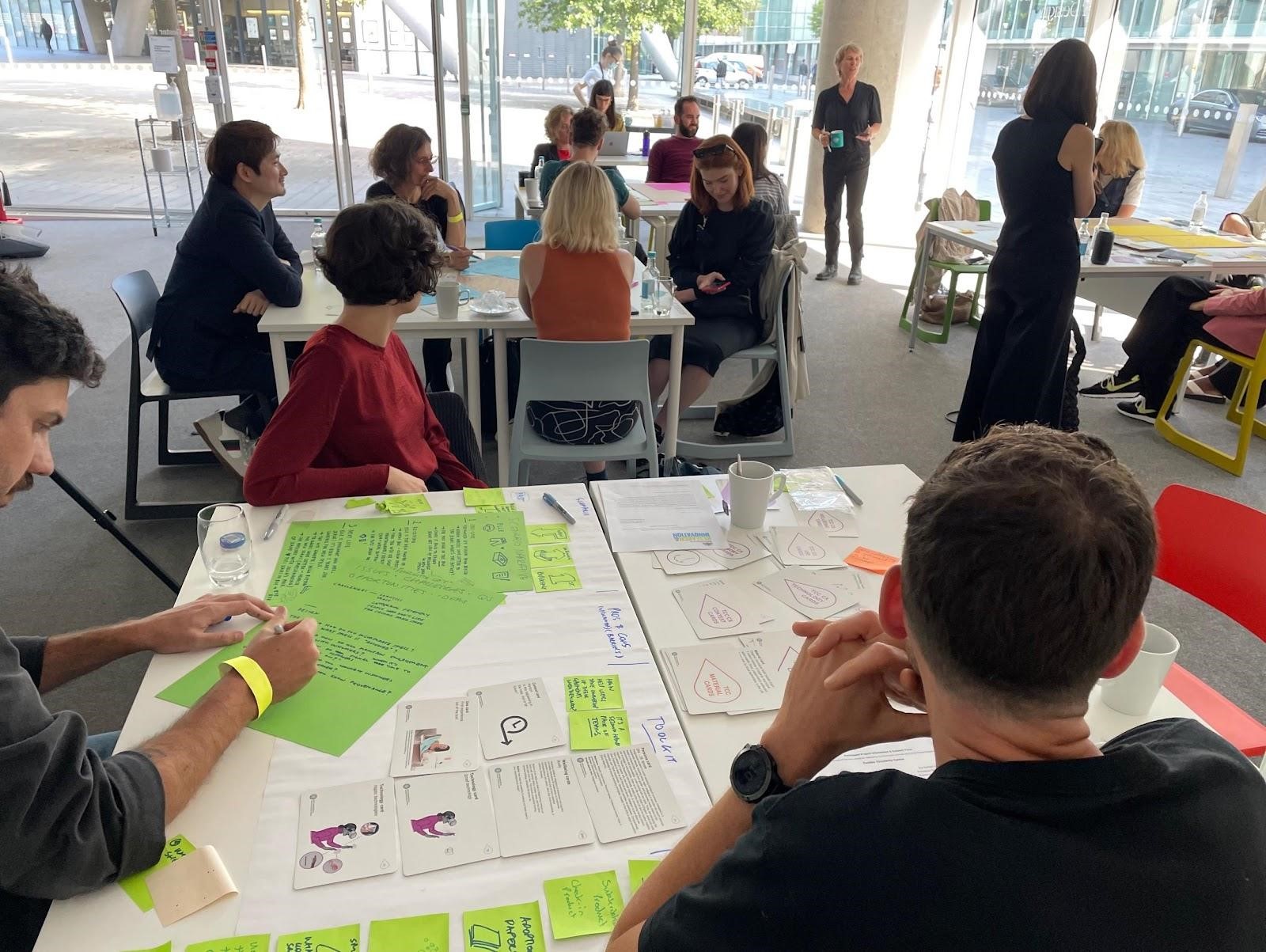
Figure 3. TCC annual dissemination during London Design Festival 2021.
Lessons Learnt and Future Steps
The CX Research Strand’s development of the initial CX framework and of the toolkit through literature and engagement with industry enabled us to consider the environmental, social, cultural, economic, behavioural, and technical benefits, risks, costs, and trade-offs playing a role in the design of circular consumer experiences.
The TCC is developing its Product Cultures Lab, an open research incubator on the high street, where provisional scenarios developed by applying the toolkit will be iteratively tested.
Further information
Associated news piece: ‘How can human centred design help us become custodians of the circular economy’ by Dr Bruna Petreca for the Royal College of Art, published 22nd April 2022.

